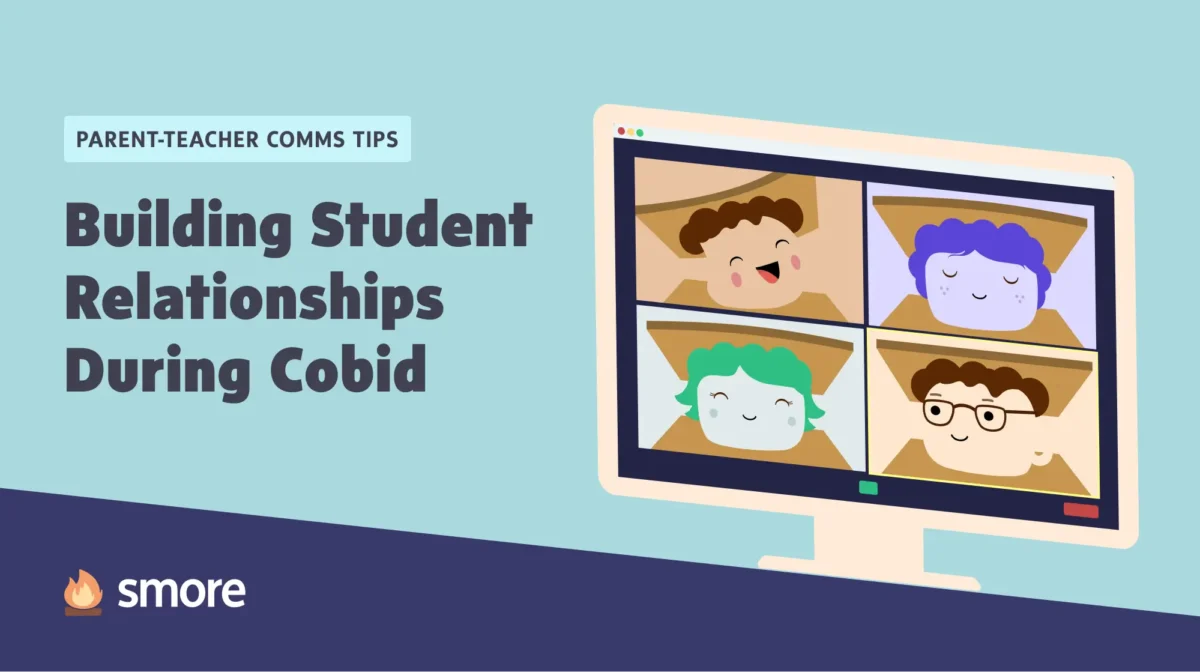Building Student Relationships During Covid

Follow these steps to build positive and strong student relationships.
I have a pretty foolproof classroom management strategy; a principal hack, if you will. I tell my faculty, “when you have a disruptive student who needs to leave the room, don’t have a power struggle. Instead, hand them something, a stapler, a worksheet, anything, and tell them, ‘Could you please return this to the principal for me?’”
Don’t have a power struggle. Instead, hand them something, a stapler, a worksheet, anything, and tell them, ‘Could you please return this to the principal for me?’”
When a student arrives at my office, random object in hand, I thank them, invite them to sit down, and offer a snack. I ask about their day and the class they came from, and pretty quickly the problem reveals itself.
More often than not, the student shares that they were misunderstood or treated unjustly. Whether their account is accurate or not, it helps to have someone hear you out, and help you think through the choices that are available to you. It helps to feel seen and believed.
It helps to have someone hear you out, and help you think through the choices that are available to you. It helps to feel seen and believed.”
Teaching is transactional — I, the teacher, have something to give to you, the student. But it’s based on compliance; the student is required to receive what the teacher is giving. In order for this transaction to be successful, a student must be willing to receive what you’re giving. How to achieve this? By building caring relationships with students.
Building relationships with students is a deliberate process. It takes time away from the curriculum, but without it, the curriculum loses meaning. Like the practice of mindfulness, take a few minutes every day to learn more about who your students are and what matters to them. You can do this with daily prompts like these. If you’re teaching remotely, invite your students to answer via private chat, and then make sure to follow up individually.
Building relationships with students is a deliberate process. It takes time away from the curriculum, but without it, the curriculum loses meaning.”
If you’d like some more ideas about how to build positive and strong student relationships, you can take a look at this newsletter I wrote. In the meantime, I’ve got some staplers to return…

Subscribe to Smore Blog
Get the latest posts delivered right to your inbox





